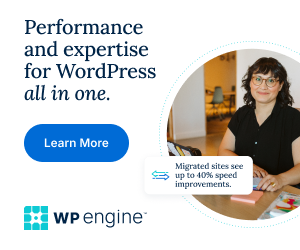Many a great business has humble beginnings, with innumerable enterprises starting out as sole operators who individually offer their expertise to the world.
But what happens when demand exceeds supply and your business needs to step up from sole trader to a staffed business which offers more services than you alone can provide?

Here are the top tips and things to consider as you make the jump from independent operator to small business with staff…
When
Chances are you’ll know it when you alone are not enough to meet the demands of your business. It might be the bookwork never seems to get done, you run out of time to quote new jobs, or you’re turning away work because demand for your services and expertise outstrips your ability to supply.
Well, stop for a moment and ponder this…well done. There are clear signs you’re onto a good thing. But the next move you make depends on a number of factors.
Things to consider
The reality is, as a sole trader your income will always be capped. After all, there are only so many hours in the day, so if demand is tapping your capacity to supply you have some serious matters to consider, like:
What do you want to do?
- Do you see yourself taking your business to the next stage where you have less day-to-day contact with customers but more focus on getting additional work and overseeing jobs?
- How do you feel about handing over some responsibility for jobs?
- Are you looking to build something or maintain an income?
- Are you good at managing people?
- Or, are you happy where you are with sole responsibility for your clientele and work?
These are really important questions because depending on your “choose your own adventure” answer, you have a number of paths.
How
If you decide that sole trader is the path you wish to stay, you could choose to raise your prices, knowing your services are in demand. You can see more tips on profitability and price rises here.
If you decide to expand your business, you have a number of avenues, which include:
- Outsourcing tasks like bookwork or website management to free you up for the day-to-day work.
- Bringing on a casual/apprentice as a side-kick to assist you in the field.
- Finding a freelancer for ad-hoc tasks like extra writing, website management or admin.
- Taking the plunge to hire staff on a full or part-time basis.
Word to the wise
Shifting your business up a gear requires an investment, and you’ll need to account for extra expenditure regardless of whether you outsource your bookkeeping, bring on a freelancer, or commit to extra staff.
That means you’ll need to budget and prepare to take am initial financial hit as you employ additional resources, but it may well be an investment that quickly pays off.
The key here is planning and knowing exactly the milestones you need to reach to make that investment worthwhile. You may also need to alter your business structure if full-time staff are part of that plan
Your planning should involve estimated income, sales targets, and policies and procedures for the engagement of outsiders within your business.
The final word
Weighing up whether to take your business from sole trader to small-scale enterprise is no small matter, and there are hundreds of thousands of successful entrepreneurs who have agonised over the path that lies ahead.
The truth is it’s a seminal moment in business and probably one of the most challenging. It’s about letting go of the reins, planning for the future and investing in procedures that ensure the reputation you have built carries across on a larger scale
It’s also an incredibly personal decision, but one that can ultimately reap highly rewarding returns





















